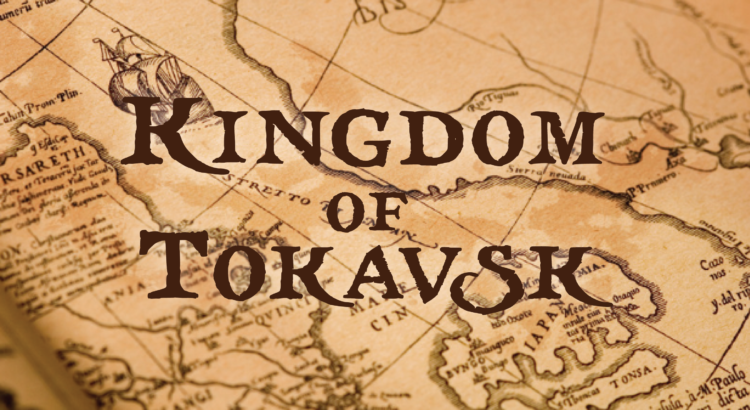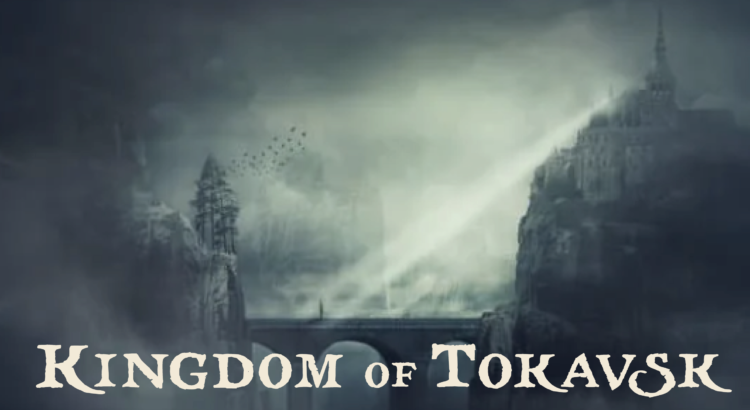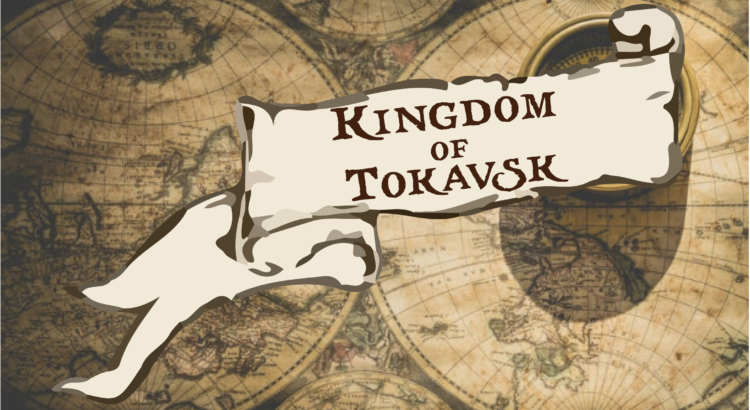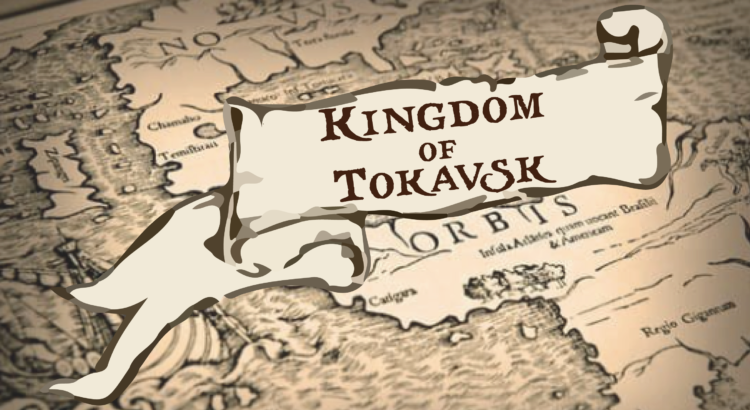After Breakfast—Must find Kazhen and discuss matters of Markoren with him. (Is Markoren intentionally evading me, or is he forgetting? Should I discuss Markoren with him over breakfast? But what if Markoren is within hearing distance?)
9 o’clock—Complete morning duties.
11 o’clock—Daily walk in the garden.
Luncheon with Ambassador today. Must remember to remain silent and not fidget this time. Kiryan and one of the Tokavskans have started looking at me strangely. If I act normal and remember Tomon is my priority, I will not make myself the fool again. (Am I the fool? Markoren will say something to me if he sees me writing this. He thinks I cannot keep track of things because I do not have brains, but he is not the one who can write. Oh, to have been the first son in my family.) And I will ensure Tomon is well taken care of and his needs are met. The Tokavskan servants insist I not help, but I worry that by not attending to Tomon personally during luncheon I am not being an adequate attendant. (I never would have met Tomon if my father had left me a decent sum in his will. I will do what I must to please Tomon because I rely on him to stay afloat. I should have respected our family servant more when I was younger. She did far more for us than I in my youth imagined.)
After Luncheon—I am to accompany Tomon to his meetings. I must remember Tokavskan procedure and stay still. I will not fidget excessively this time. Kazhen understands me and says I do my job well, and he says being in a new land requires some getting used to. (He and I became attendants at the same time, but I know Tomon favors him.) I wish I could remember all the procedures as easily as he, but I am so absentminded I must write down this schedule.
Tidy My Quarters. I must do this today. I will do it today because I will not have time tomorrow. My section is so messy that Kiryan and even Kazhen are annoyed with me. There is no Tokavskan procedure that dictates how you keep your things. The servants expect us to tidy our own spaces. One of them said something about the state of my quarters the other day, but I do not understand enough Zheren to know what it was.
Be Nicer to Markoren. After all, maybe he despises me because of how I am.






